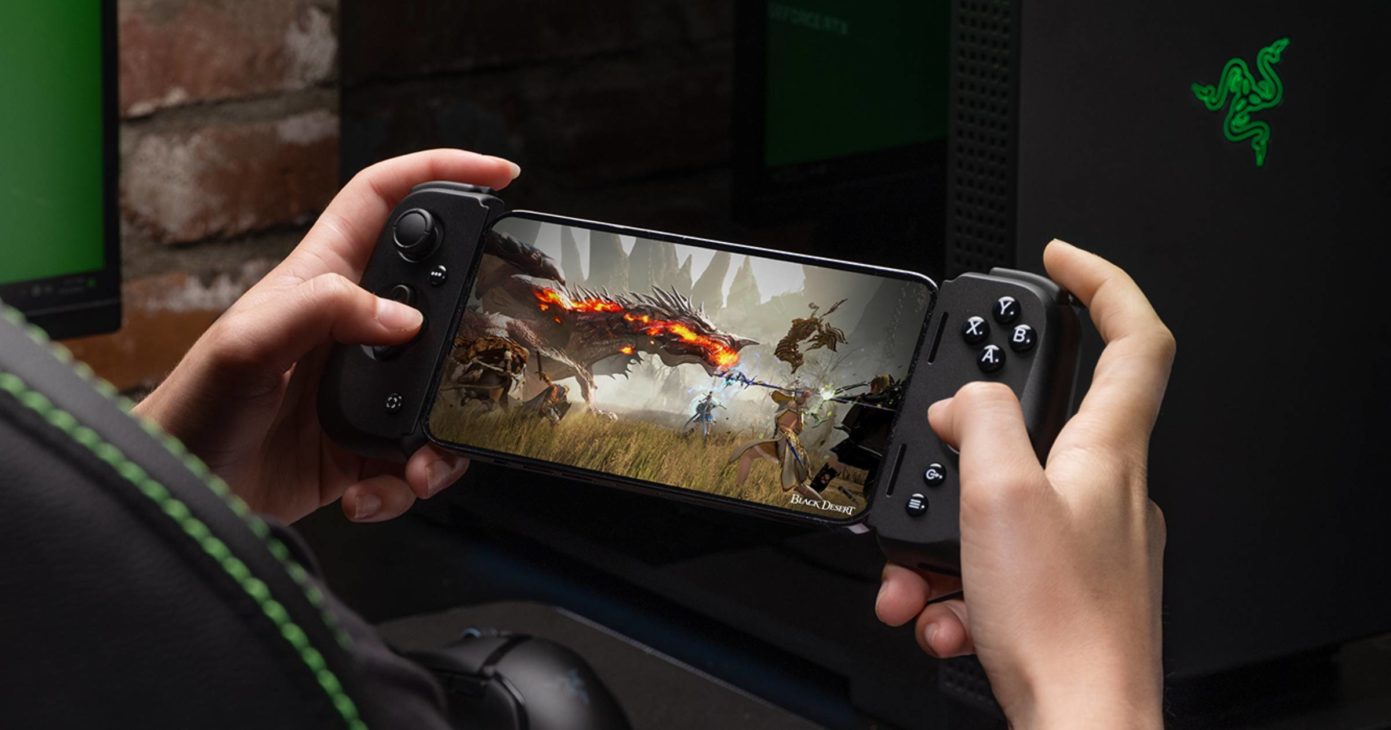If you’ve been dabbling with an RPG builder and have an eye for game development, mobile game apps could be what jumpstarts your career as a guerrilla game developer. That is if you have the budget to cover mobile game development costs!
Although mobile gaming is often discarded in the global gamer community, there’s no denying this platform is universally accessible. As a result, a well-designed mobile game has the potential to reach audiences far larger than any singular console.
Plus, with the rise of no-code app development platforms, mobile app development itself is becoming an increasingly accessible pursuit. Of course, you will still need to work with a dedicated app developer on more complex mobile game projects, but simplistic app concepts like card-based games could potentially be developed by a team of one!
Whether you work independently or with a development team, building your mobile game will require upfront and ongoing investments.
So what should you be expected to spend on developing and maintaining your mobile game? Join us as we break down the associated costs with mobile game development and how you can mitigate any costs in the future below! 👇
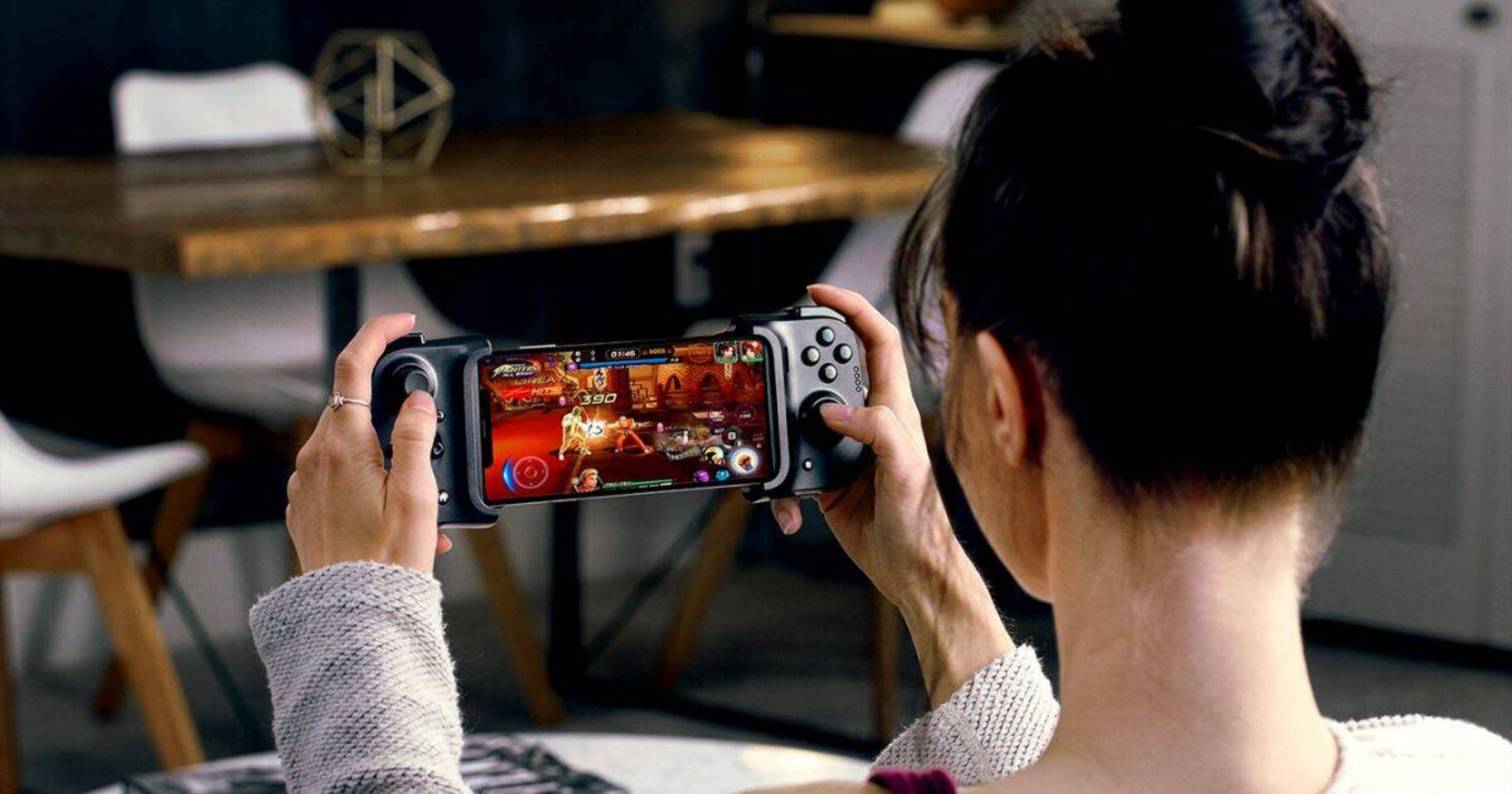
How Much Does It Cost To Make A Mobile Game In Australia?
If you’re starting your mobile game development career with a modest budget, consider developing a small game. That way, you can engage with the essential elements of building your own mobile game without stressing too much over its profitability and how you will monetise the application.
Releasing a simple yet effectively designed static mobile game like a card game or a Sudoku game with gorgeous graphics, a pleasing UI, and a modest price tag can help you kickstart your game development portfolio at a minimal cost.
But how much does it cost to develop a mobile game in Australia?
According to Joseph Russell; award-winning app designer at DreamWalk Apps:
The average cost to develop an mobile game app in Australia can range from anywhere between $45,000 to $240,000, depending on the size of your app, the technology it utilises, and the scope of your beta testing requirements. These figures are also inclusive of server costs, as well as the costs associated with regularly maintaining or updating your mobile game app.
Now, while that might sound like a massive chunk of change, when you consider the amount of revenue generated from popular mobile games through in-app purchases and premium subscriptions, an investment of this size into a suitable game could transpire to be just a drop in the ocean after some time.
However, as much as the future looks bright for mobile gaming, you will naturally want to mitigate any costs when developing your own.
Here are 4 tips on how to reduce the cost of developing a mobile game and how you can start to monetise your app almost instantly:
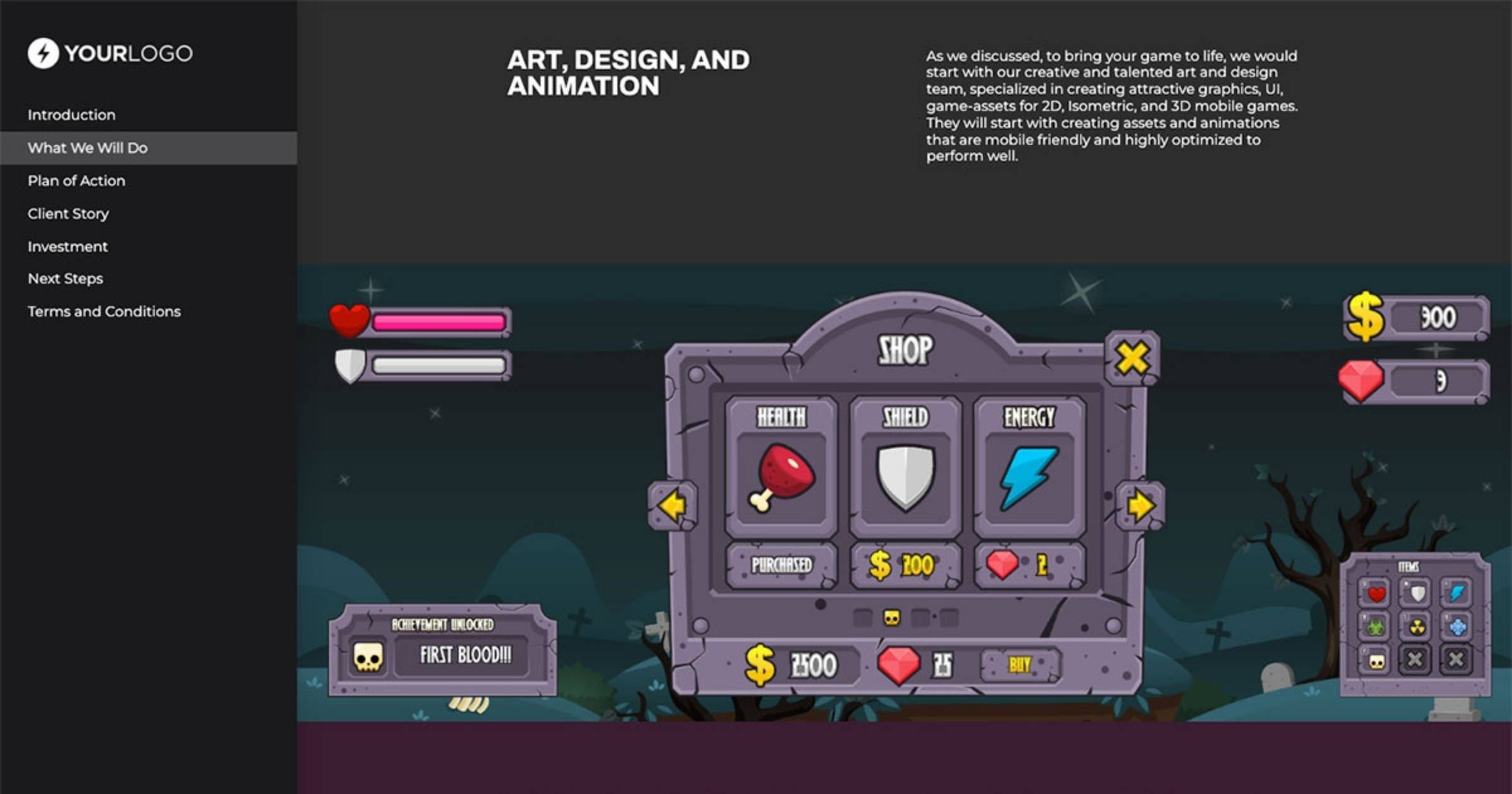
1. Determine The Scope Of Your Project
Before you start to get creative, you’ll first want to outline exactly what you want your mobile game to look like. Will it be an animated RPG or more of a static visual novel? Will it be a board game come to life, a simulator, a platform game, or will it utilise the power of AR like Pokemon Go?
Knowing what features you would like your mobile game to have is crucial in determining the scope of your development project, both concerning its potential cost breakdown and completion timeline.
Suppose you’re expecting to pack your gaming app with many features to the point where your mobile game could be played with a Razer Kishi. Naturally, your development and server costs will likely be higher than a static or single-page mobile game app.
As with any development, a clear scope and strategy will mitigate unforeseen mobile game development costs whilst delivering a final product you can be incredibly proud to own.
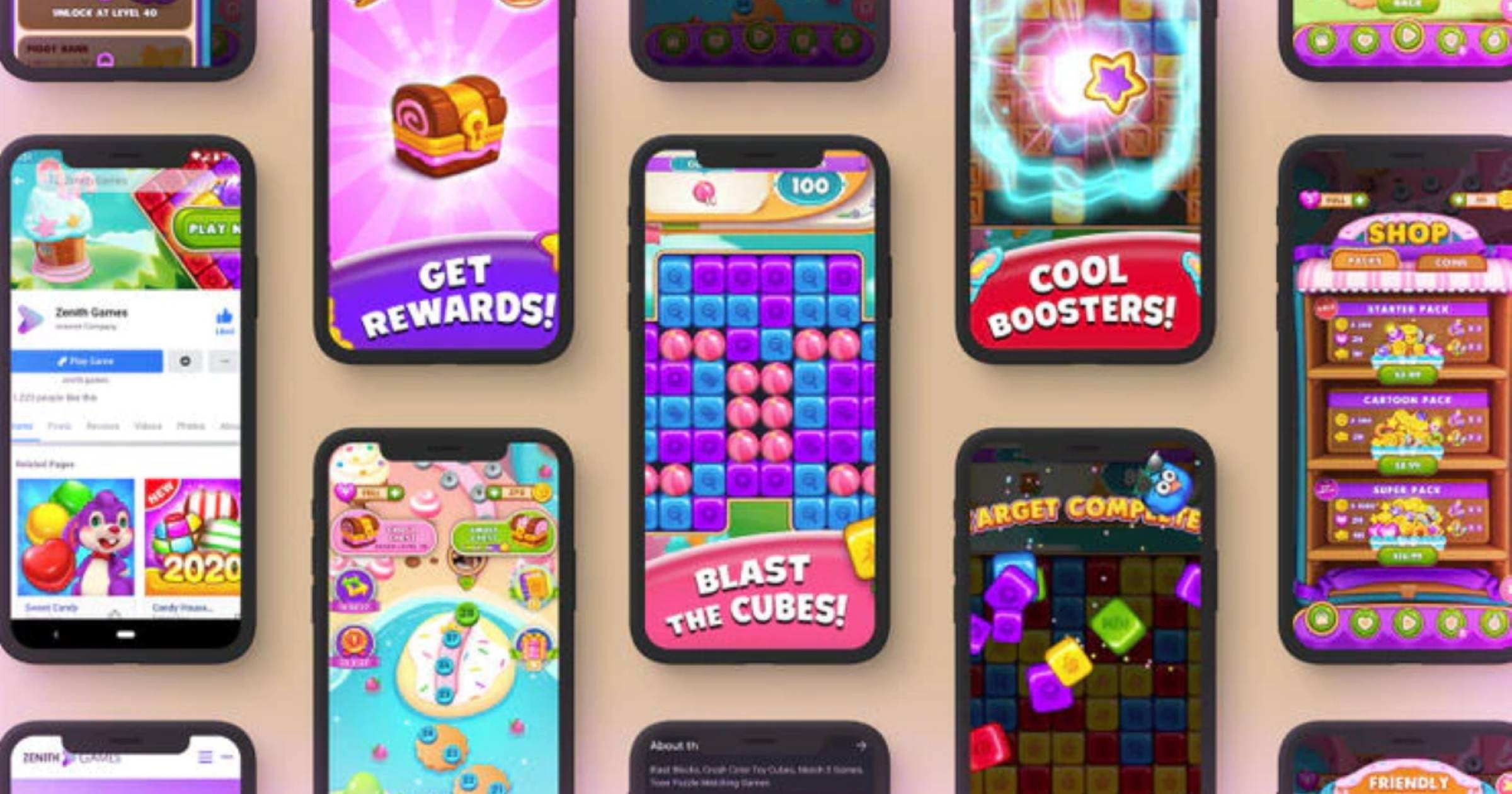
2. Mobile Game Marketing & Pricing
The price of mobile games tends to look slightly different to the pricing of games on other platforms. The freemium gaming model is more widely used in developing mobile games. This is primarily because mobile game developers can rely on in-app purchases (more on this later) and ads to generate revenue from each playthrough.
The ad revenue model is expected in simple mobile games like idle clickers or card-based games. After all, specific advertising models pay per impression rather than when a user clicks on the advert. So, considering that adverts can sit on the screen while the user plays the game, it’s a great model for idle clickers, given the time spent on these games.
App users also often have the choice of downloading a mobile game for free and then paying a minimal fee for removing in-app advertising to support the game developer. This is perhaps the most basic form of the ‘in-app purchase’, and is widely utilised by mobile game developers who offer static or single-page mobile game apps.
Whether you’re releasing your app for free or at a set price point, however, you will still need to consider how you’ll promote your app and drive downloads. You could promote your app using targeted social media ads by partnering with YouTubers and gamer blogs (hello!), or even by engaging with your target market on Reddit and other forums. Never underestimate the power of word of mouth, especially in the Indie Switch community!
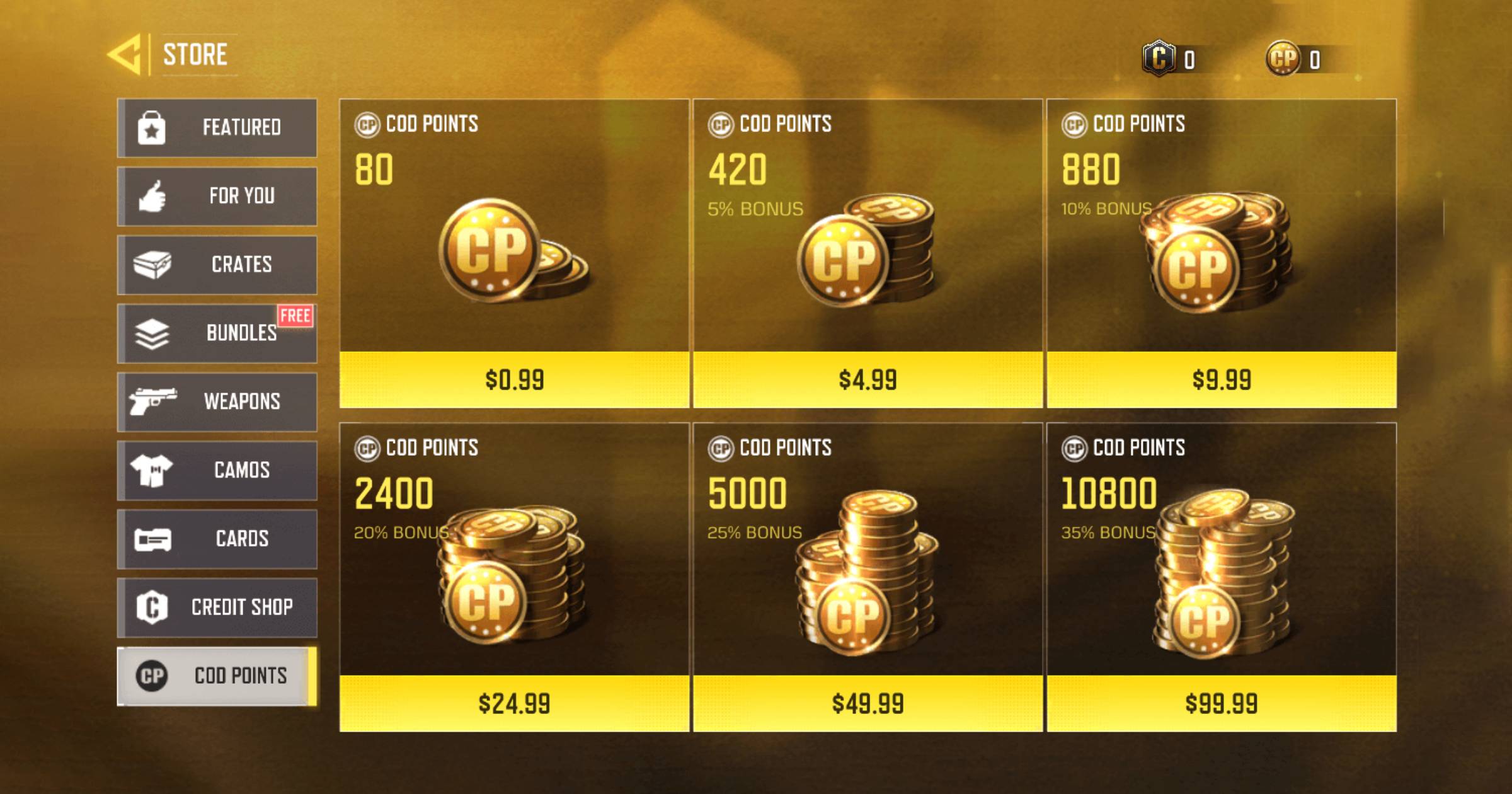
3. Design In-App Purchases
With PC and console games now gravitating towards a freemium gaming experience, it’s becoming easier to relaunch mobile games on these platforms too.
This means that mobile game developers with a high-performing app download may have the opportunity to re-release on another platform and have a solid user base ready and eager to play. A great example of this would be indie game developers Shiro games and their massive hit Northgard.
The hype surrounding your games can be a powerful asset, especially for those beginning their game development career. However, your game must boast plenty of features alongside a robust monetization model for this hype to exist. In other words, it certainly pays in more ways than one to flesh out your selection of in-app purchases.
For this tell-all article, in-app purchases refer to any opportunities your game provides to spend real-world money. These opportunities can include what devs refer to as ‘non-consumable’ goods, these being permanent, unlockable items like skins or playable characters that are available for purchase (like the extra runners in Temple Run or the additional blades and backgrounds in Fruit Ninja). Even DLC-type offers (downloadable content) designed to expand the gaming experience are also a great way to monetise your game and mitigate development costs.
Then there are consumable in-app purchases, items like bonus health, special game power-ups or even unique in-game currency (like gems). In-game currency allows users to purchase premium content with either real-world currency or these in-game funds.
It’s up to mobile game developers or software engineers to determine what in-app purchases suit their game app. Outlining the goals you have for your game can help in the design of in-app purchases as well. For instance, if you have plans to adapt your mobile game for other platforms down the line, creating in-game currencies may not be the best step forward, as this model can be tricky to adapt for console gaming. Instead, the most suitable in-app purchases may include unique skins, locked levels, and DLCs.
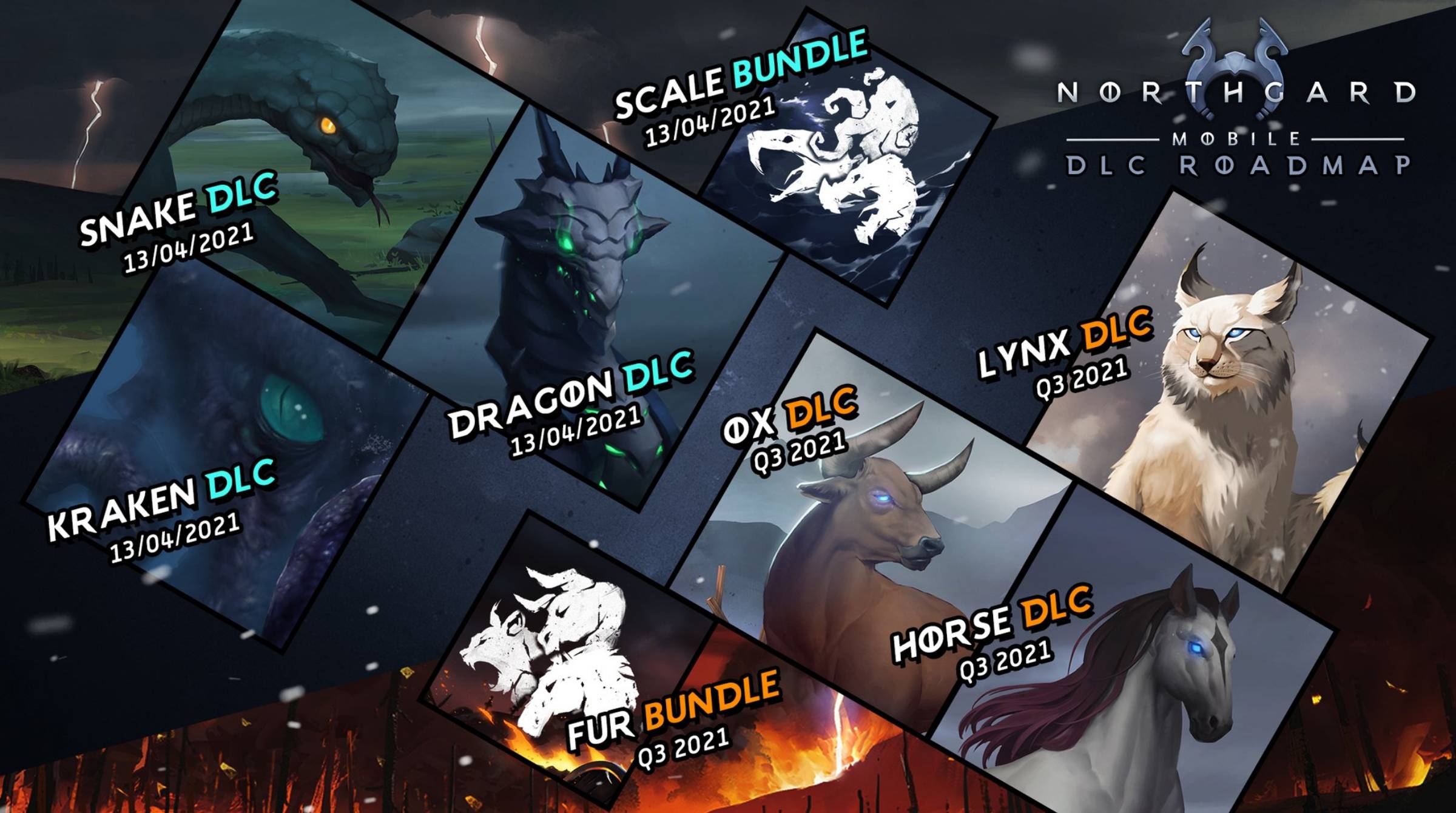
4. Deploy New Content
Regularly updating your mobile game app is vital to maintaining a consistently strong player community; and revenue. After all, nobody wants to play a mobile game that’s been forgotten by its development team. If your players can’t anticipate new content with every update, then it’s likely that they’ll move on to the next best thing. This will reduce the likelihood of your game becoming as big of a cult classic as Flappy Bird.
For this reason, aspiring mobile game developers are encouraged to factor in the estimated costs of content ideation alongside developer fees for managing app updates. Are you planning to work with a team of creatives to flesh out new content for your game? Are you looking for your game to evolve in alignment with player suggestions?
Or are you not planning on releasing new content and providing your app to users as a static product?
Asking these questions from the onset can help you better determine whether or not your game concept is feasible to produce with your outlined budget.
If your ambitions overleap your project budget, then it may be best to save your million-dollar mobile game idea for your second or third endeavour, opting instead to invest in a mobile game concept that can be produced at a lower cost and is, thus, better equipped to yield a higher return on your investment.
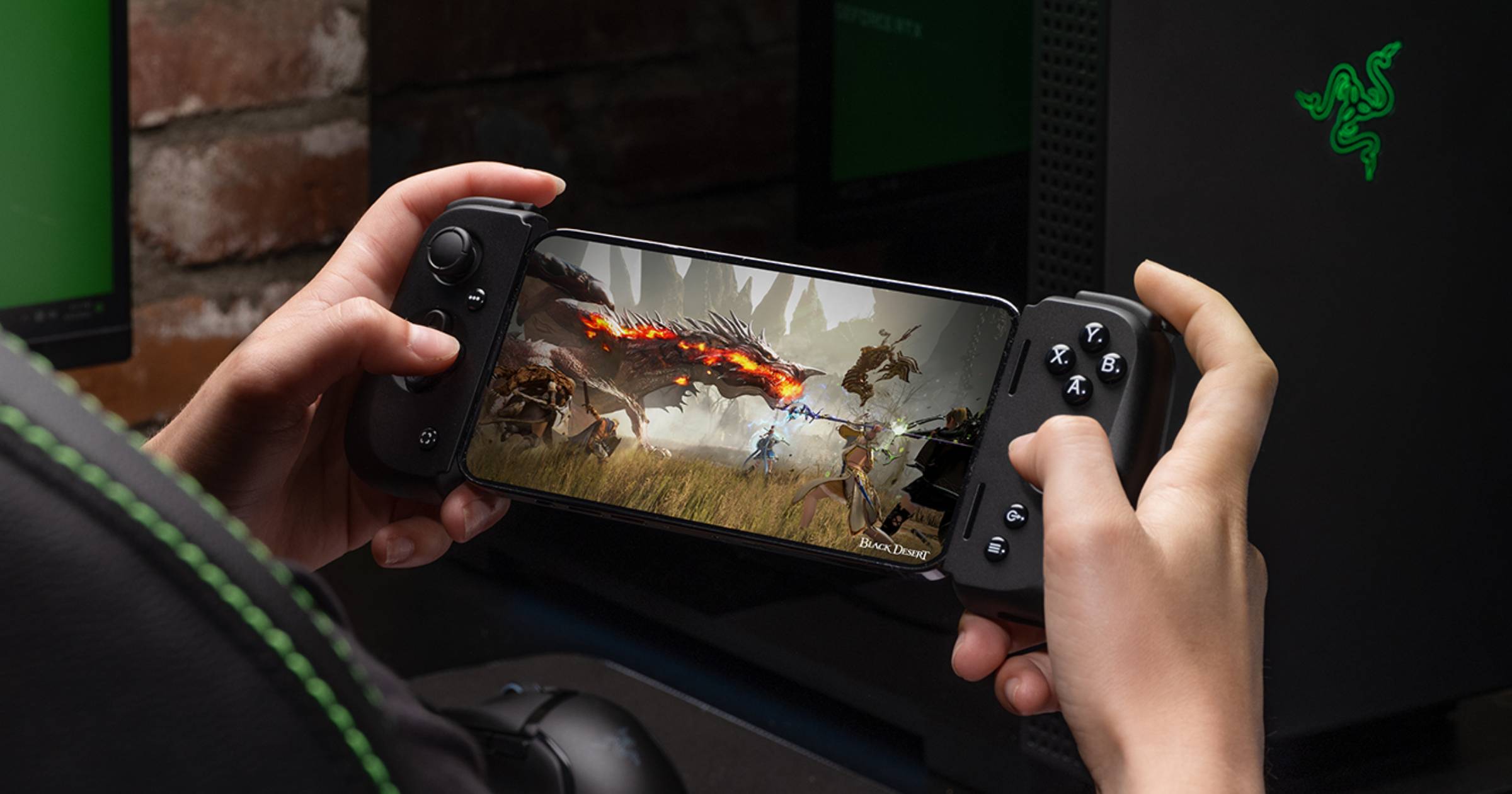
Is Mobile Game Development Worth It?
The costs of developing a mobile game are substantial enough to make the whole endeavour feel more like a business venture rather than a pet project. However, this shouldn’t deter you from creating your own mobile game.
Some of the most compelling games of our generation came from the humble beginnings of mobile gaming. And there is every chance your mobile game can blow up similarly to Angry Birds or Candy Crush.
Remember, mobile games are also available in various gaming genres. For instance, FPS mobile games like Dead Trigger have paved the way for other developers to create highly ambitious mobile games with graphics that rival your PS4!
Yes, server and update costs will consistently be a factor for large mobile games. Still, so long as your monetization model is designed in a way that can fund your game on an ongoing basis, you’ll be able to build your game library and build your very own little empire.
Found this guide helpful? Check out my other tips, tutorials and roundups of your favourite tech, games and more!
